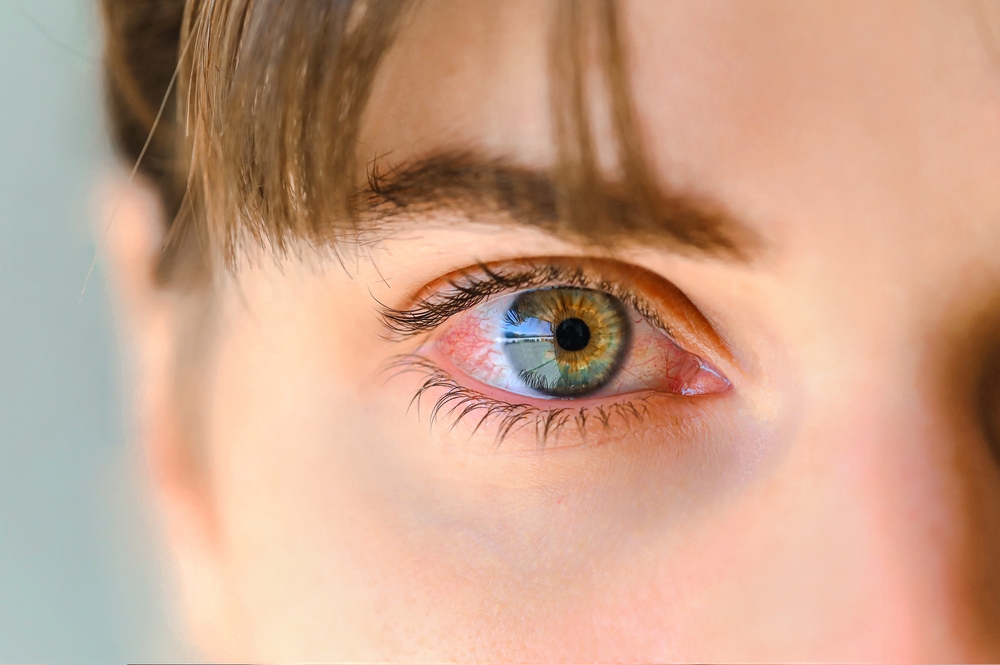Emergency Eye Care
Eye emergencies can happen at any time, anywhere. A fall, hit to the face, cut, or chemical splash can place your vision at risk, but swift action can help preserve your sight.
We’re available to help handle eye emergencies, helping protect your vision. If an eye emergency happens outside of our office hours, visit your nearest emergency room. Even if you think a problem might go away on its own, contact us, and we’ll help advise you on the next steps.


What Constitutes an Eye Emergency?
An eye emergency is a situation where your eye health or vision is at risk. Even a small cut or scratch can become or lead to something worse. If you or a loved one is experiencing eye pain or redness, a visit to a professional can help.
Some common eye emergencies include:
- Blunt trauma
- Burns
- Chemical exposure
- Cuts
- Foreign objects in the eye
- Scratches
Because the eye can become easily damaged, never ignore signs of a problem.

Common symptoms that indicate an emergency include:
- Painful vision
- Loss of vision
- Sudden onset of flashes or floaters
- Sudden extreme light sensitivity
- Any sudden changes to the quality of vision.
Many of these symptoms may indicate a medical emergency that can cause permanent vision loss if untreated immediately.
How to Handle an Eye Emergency
If you’re experiencing an eye care emergency, it’s important to do your best to remain calm. Panicking can make things worse—collect yourself and visit a medical professional immediately.
There are a few things you can do in an eye emergency:
- Blink to try & remove any debris in the eye
- Flush the eyes with cool water if experiencing a chemical splash
- Wash your hands thoroughly before making any contact with the eye area
Never attempt to rub or apply pressure to the eye, try to remove a foreign object stuck in the eye, or administer medications or eye drops. If you wear contact lenses, do not remove them in an emergency unless you experience a chemical injury.
You Can Count on Us
An emergency can happen at any moment, and we’re here to help. Contact us or visit your nearest emergency room in case of an emergency.

